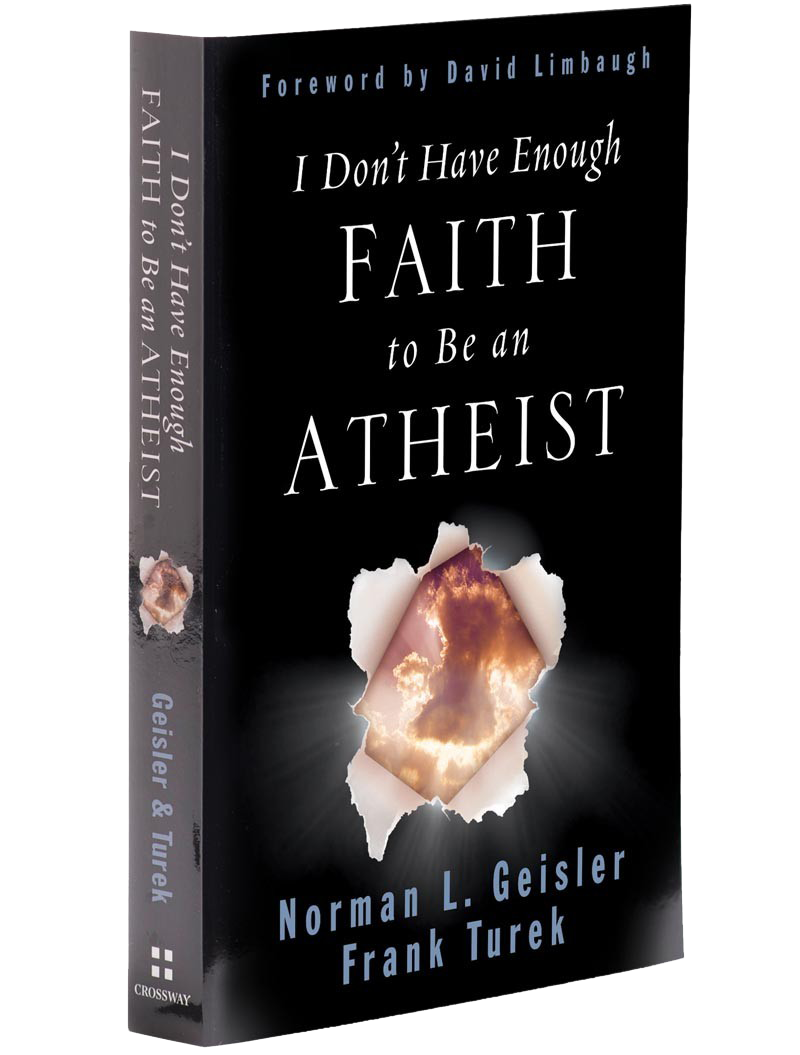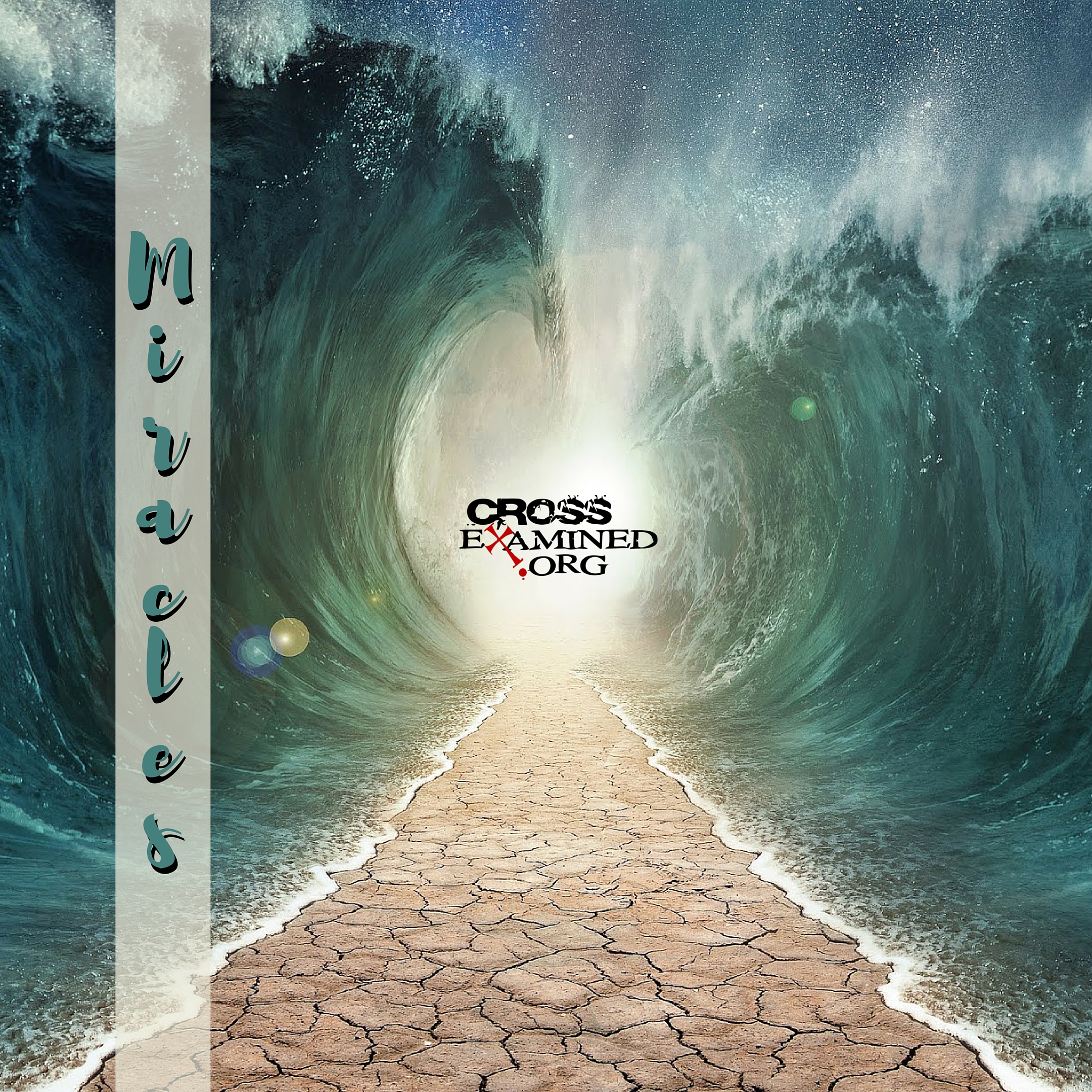By Natasha Crain
A few weeks ago in our family worship time, we were studying the story of Jesus feeding the 5,000 (Matthew 14). After we finished the story, I asked what I thought was a pretty straightforward question: “So, how did Jesus feed 5,000 people with just a few loaves of bread and a couple of fish?”
Kenna responded, “He must have cut the bread and fish into little tiny pieces to feed that many people!”
It was such a simple and logical answer, but it said so much about her young understanding of miracles. A million coloring pages of Jesus walking on water (which I’m pretty sure is the count coming home from Sunday school in the last couple of years) won’t teach our kids some basic concepts central to the understanding of biblical miracles.
Here are three key things our kids need to understand about the nature and purpose of miracles in the Bible.
1. Miracles are supernatural.
One of the most common pejorative statements I see atheists make is that Christians believe someone can walk on water, a dead man can come back to life, animals can talk, and so on. The underlying assumption is that Christians foolishly believe these things are possible within the bounds of our natural world and its laws when clearly we should see that they aren’t.
This is not a correct understanding of biblical miracles. Christians do NOT believe that miracles are naturally possible, just as atheists do not. We agree! The point of difference is that Christians believe miracles are possible on a supernatural level, and atheists don’t believe a supernatural level even exists.
I realize this distinction sounds a little theoretical, but it’s very important and actually quite simple to explain to kids in a practical sense. I told my kids (age 4) that if Jesus merely chopped the bread into 5,000 pieces, that would be something anyone can do because that is how our world works (when you chop many times, it makes many pieces). What Jesus did was a miracle because it was something that can’t be explained by how we know our world works; food doesn’t suddenly appear out of nowhere! Jesus could do miracles because He had the power of God, and anything is possible for God. God is not limited by how our world works.
2. Miracles proved who Jesus was.
This is the million dollar point that I don’t think I really understood the significance of until a couple of years ago when I started reading apologetics.
Jesus needed to do something while He was on earth to provide evidence (yes, evidence!) that He truly was the son of God. Think about it – He was making bold claims of divinity; how could people know that what He said was true?
Jesus didn’t just tell people to have “faith” that what He was saying was true. He used miracles – acts not possible by someone without God’s power – to prove it. Jesus understood the need for evidence to legitimize His claims. The resurrection was the ultimate miracle that proved to His followers that He was who He said He was.
To demonstrate this to my kids, I put on a mini-act where I told them I was God. I claimed that I wanted them to eat cookies every day because it’s good for them and that they needed to listen because I was God. They laughed and said they didn’t believe me because I’m not God! I told them over and over that I’m God. After a while, we talked about what it would have been like for Jesus’ friends to hear Him say He was the son of God. They had to have a way of knowing He wasn’t just a regular person saying that (like mommy was in the cookie example). Jesus did things only God could do to prove He really was God.
3. Miracles are still historical events.
The disciple Thomas did not believe that the other disciples had seen a resurrected Jesus. He said, “Unless I see the nail marks in his hands and put my finger where the nails were, and put my hand into his side, I will not believe” (John 20:25).
When the resurrected Jesus appeared to Thomas, Thomas exclaimed, “My Lord and my God!”
Jesus replied, “Because you have seen me, you have believed; blessed are those who have not seen and yet have believed.”
This is an incredibly rich passage for Christians. Even though miracles are outside of our scientific understanding and laws, they are observable by witnesses and have natural/historical outcomes. The apostles historically observed the miracle of the resurrection, which led to a conviction so strong that they were willing to die for their beliefs. Their willingness to die was undoubtedly based in large part on their knowledge that they had witnessed the resurrection miracle.
We demonstrated this to our kids by talking about how difficult life was for the apostles after Jesus died. The miracles He did were so amazing that the apostles had no doubt that Jesus was God and they were willing to do whatever it took – endure beatings, jail, and death – to tell the whole world about Him. Today we know about Jesus in large part because of what the apostles did after witnessing His miracles!
As always, I’d love to hear your thoughts – what else should kids know about miracles?
For more articles like What Exactly is a Biblical Miracle? 3 Key Things Your Kids Should Understand visit Natasha’s website at ChristianMomThoughts.com

Natasha Crain is a blogger, author, and national speaker who is passionate about equipping Christian parents to raise their kids with an understanding of how to make a case for and defend their faith in an increasingly secular world. She is the author of two apologetics books for parents: Talking with Your Kids about God (2017) and Keeping Your Kids on God’s Side (2016). Natasha has an MBA in marketing and statistics from UCLA and a certificate in Christian apologetics from Biola University. A former marketing executive and adjunct professor, she lives in Southern California with her husband and three children.
Original Blog Source: http://bit.ly/2QcW15h


 http://bit.ly/IDHEFTBAA_IA
http://bit.ly/IDHEFTBAA_IA http://bit.ly/2auZckZ
http://bit.ly/2auZckZ


